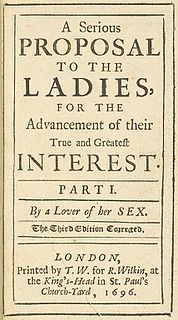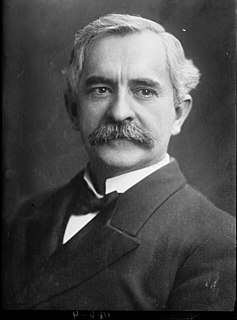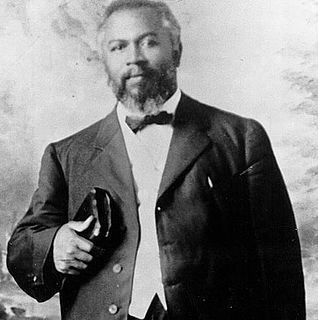A Quote by H. L. Mencken
There is only one justification for having sinned, and that is to be glad of it.
Quote Topics
Related Quotes
I'm afraid that in the United States of America today the prevailing doctrine of justification is not justification by faith alone. It is not even justification by good works or by a combination of faith and works. The prevailing notion of justification in our culture today is justification by death. All one has to do to be received into the everlasting arms of God is to die.
Justification and sanctification are both God's work, and while they can and must be distinguished, the Bible won't let us separate them. Both are gifts of our union with Christ, and within this double-blessing, justification is the root of sanctification and sanctification is the fruit of justification.
Freedom is a need of the soul, and nothing else. It is in striving toward God that the soul strives continually after a condition of freedom. God alone is the inciter and guarantor of freedom. He is the only guarantor. External freedom is only an aspect of interior freedom. Political freedom, as the Western world has known it, is only a political reading of the Bible. Religion and freedom are indivisible. Without freedom the soul dies. Without the soul there is no justification for freedom. Necessity is the only ultimate justification known to the mind.
The inner change, justification, is effected at the moment of salvation. The outer change in the believer's daily walk, sanctification, continues throughout life. But the progressive work of sanctification is only fully effective when the radical, inner transformation of justification is realized and appropriated by faith.





































